Affiliate links on Android Authority may earn us a commission. Learn more.
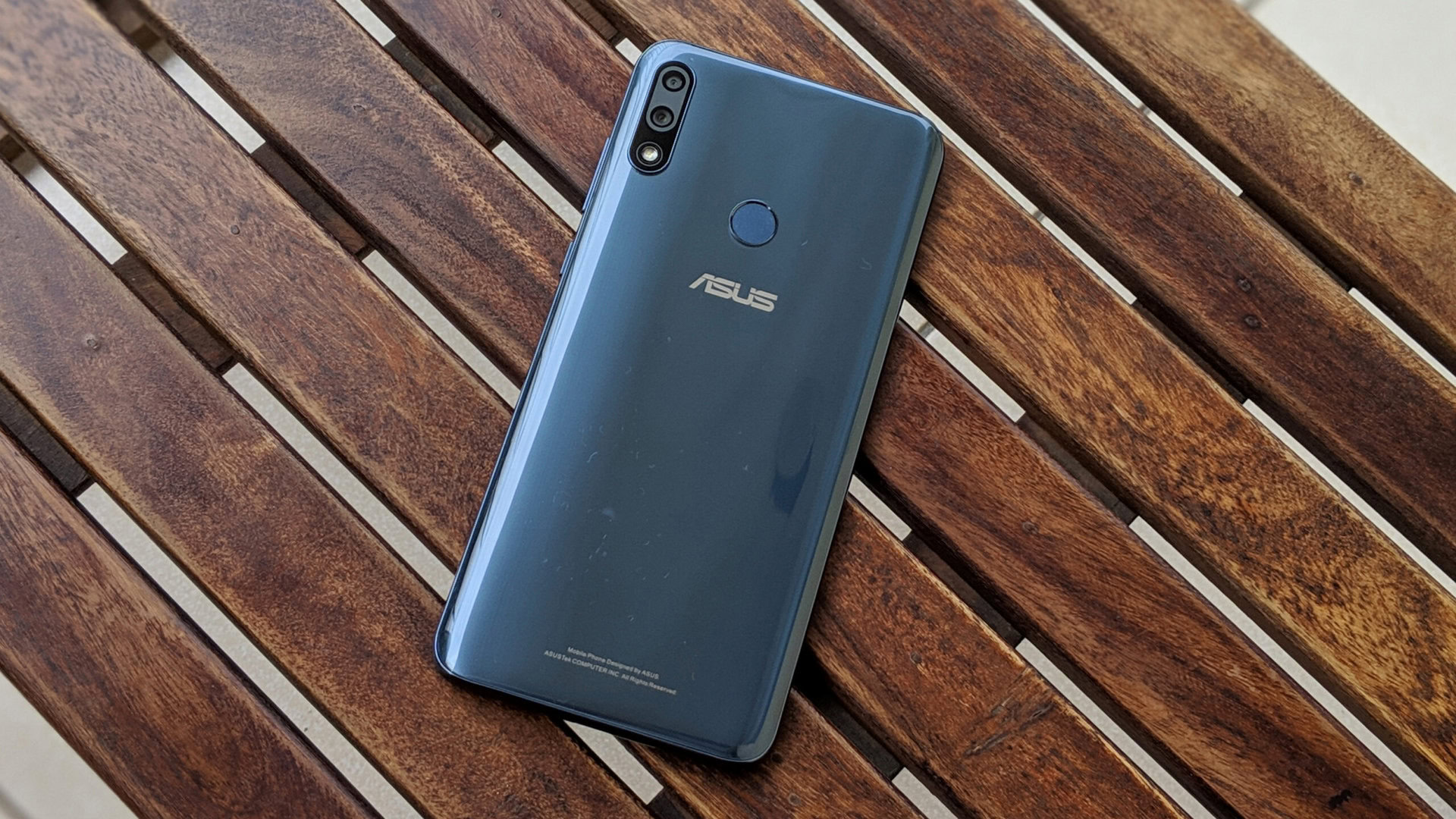
ASUS Zenfone Max Pro M2 review: Punching above its weight
Published onApril 10, 2019
Asus Zenfone Max Pro M2
What we like
What we don't like
Asus Zenfone Max Pro M2
Last year, ASUS made a comeback in India. It had been a while since the company launched a smartphone there. Once a decent mid-segment player, the company lost the plot trying to compete with stiff competition from several Chinese players.
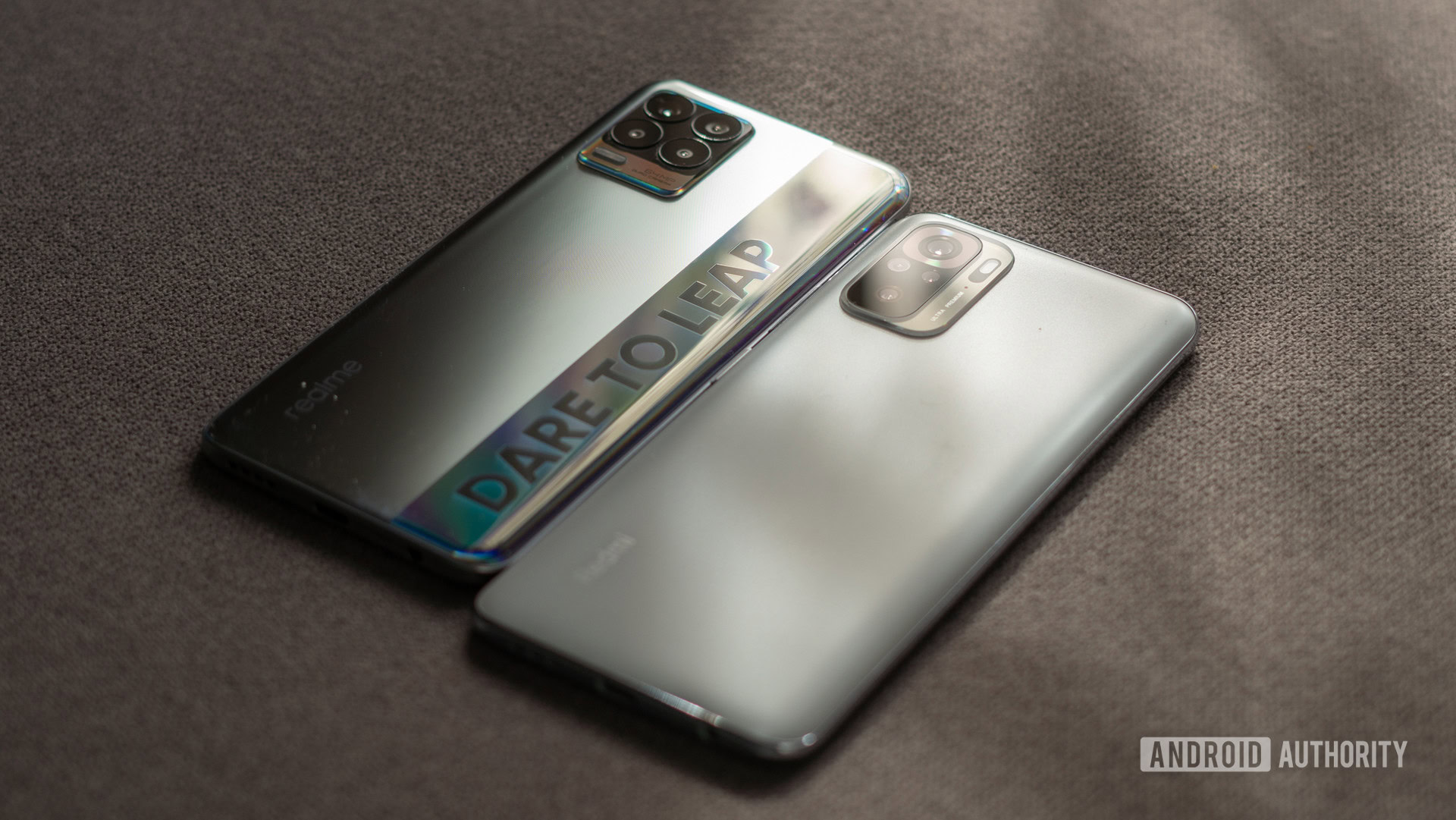
The ASUS Zenfone Max Pro M1 was a solid comeback device. Developed especially for the Indian market based on consumer feedback, the Max Pro M1 was a well-rounded device that ticked all the boxes an affordable smartphone should. It was a runaway success. ASUS followed it up with the ASUS Zenfone Max M1, a stripped-down variant.
Just before the year ended, the company launched the ASUS Zenfone Max Pro M2. It is quite a big upgrade to the Max Pro M1 — on the specs sheet as well as the design. I spent a couple of weeks with the device. Here’s our ASUS Zenfone Max Pro M2 review.
ASUS Zenfone Max Pro M2 review: Design
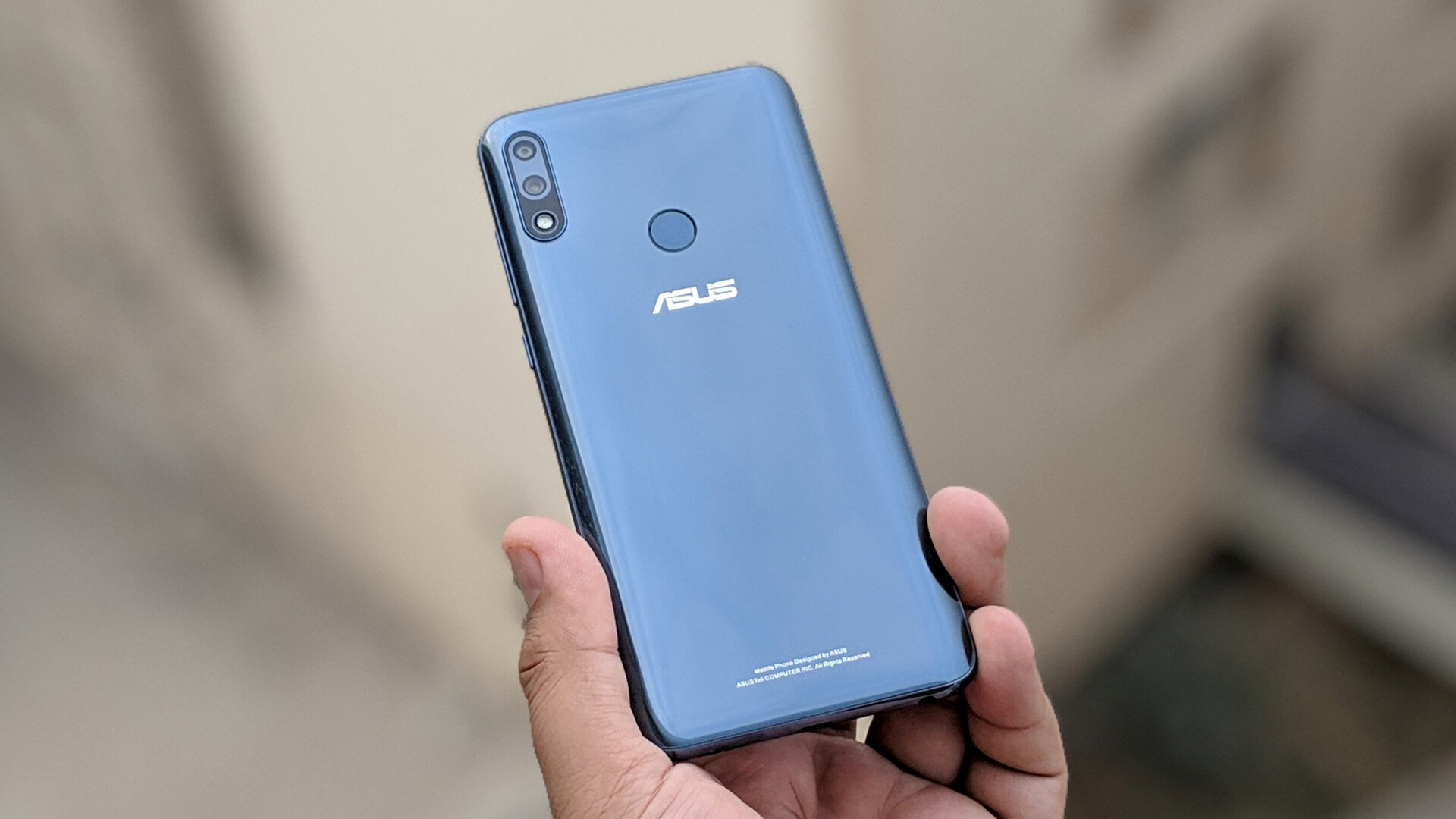
While the younger sibling Max M2 carries on the design legacy of the last generation, the Zenfone Max Pro M2 introduces a new glass-like design with “dynamic optical finish” that totally ups the ante in visual appeal. It also makes it prone to scratches, and the glossy exterior easily catches smudges all the time.
There’s an overall premium feel to this device and it looks much better than its very vanilla metal-bodied predecessor. It looks rad, especially in the gorgeous Blue and Titanium color variants the phone comes in, and stands out in a sea of similar looking mid-range smartphones.
There’s an overall premium feel to this device, and it looks rad.
It’s impressive ASUS could pack a large 5,000mAh battery into a phone that weighs only 175 grams. It feels quite compact, and the even weight distribution makes it quite comfortable to hold.
ASUS Zenfone Max Pro M2 review: Display
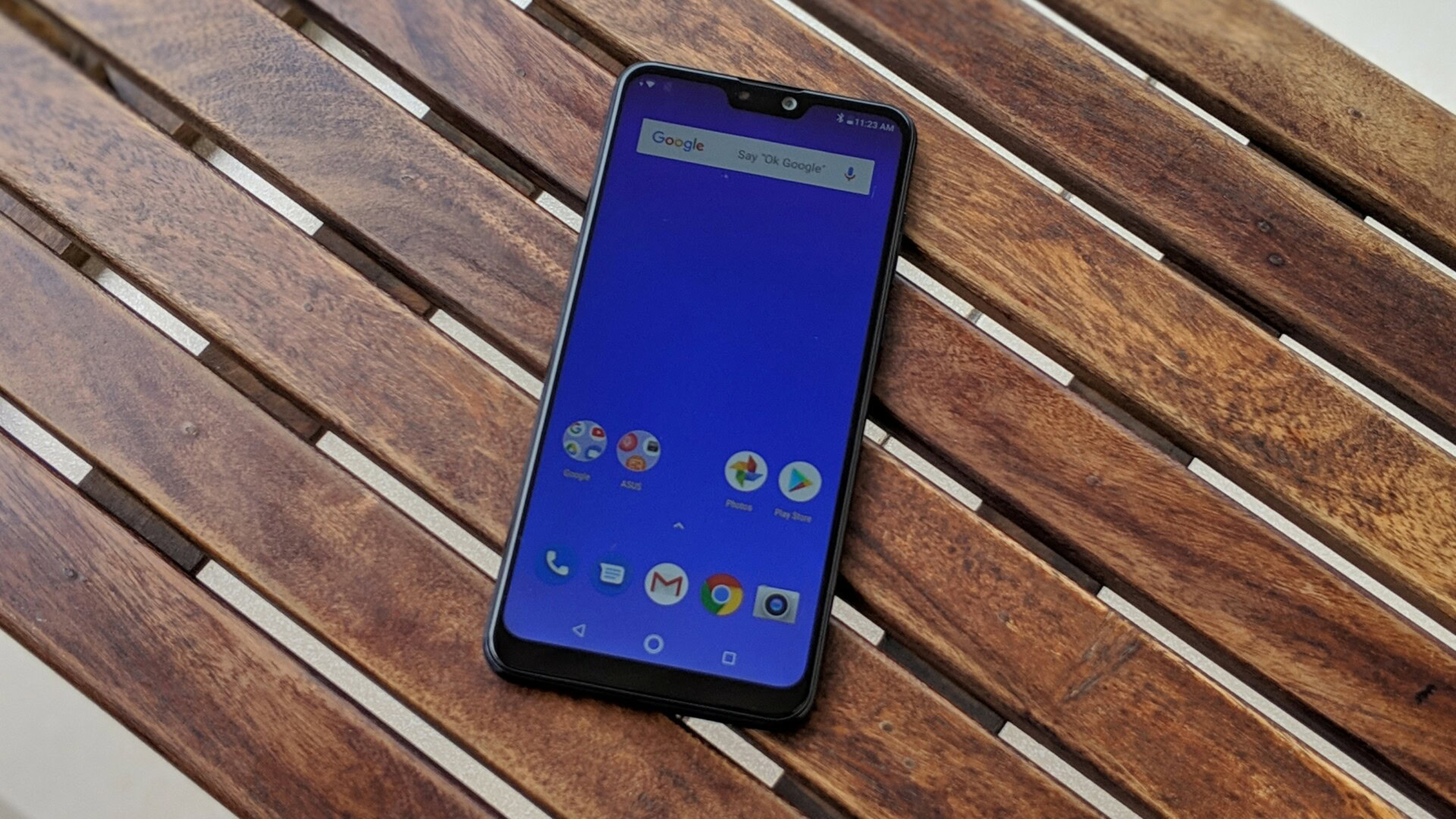
On the front, there’s a 6.3-inch Full HD+ display with Corning Gorilla Glass 6 protection. It’s the cheapest smartphone in the market with the latest Gorilla Glass 6 protection, which is quite a feat from ASUS.
There’s a not-so-big notch on the top and thinner bezels than the last time, which makes for a higher screen-to-body ratio.
The M1 only had a passable display, and ASUS has made amends this time around. Our ASUS Max Pro M2 review unit has a brighter, livelier display, with punchy colors and good viewing angles overall. The sunlight visibility is pretty good as well.
ASUS Zenfone Max Pro M2 review: Performance
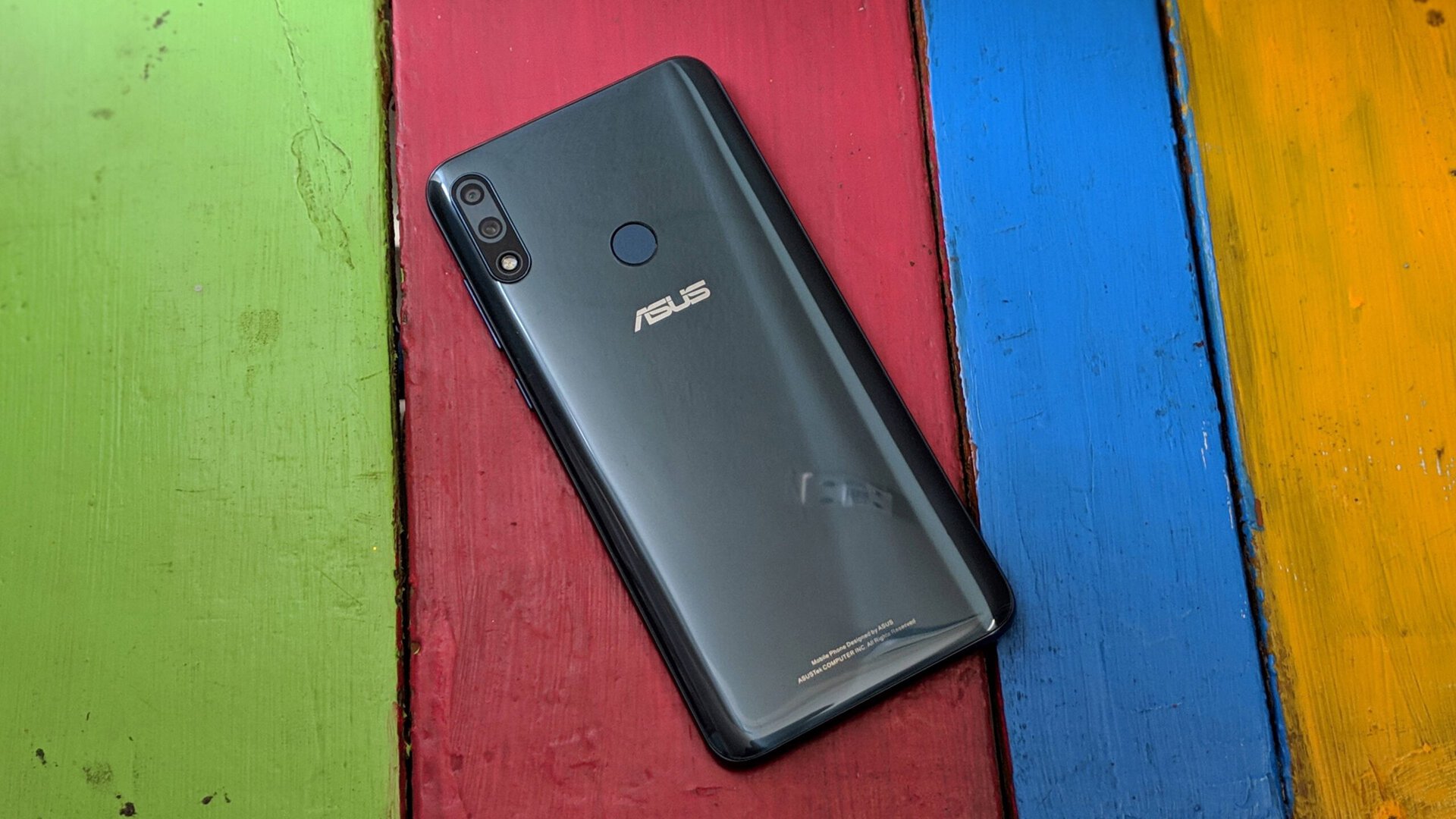
The Zenfone Max Pro M2 has some serious internal upgrades over the M1, as well. It’s powered by the Qualcomm Snapdragon 660 processor paired with an Adreno 512 GPU. The Snapdragon is the top of the line chipset in this price range, and ASUS did well moving up from the Snapdragon 636, unlike Xiaomi’s Redmi Note 6 Pro.
There are three RAM variants — 3GB, 4GB, and 6GB — with 32GB or 64GB of internal storage. I used the middle variant for this ASUS Zenfone Max Pro M2 review.
In everyday usage, the Max Pro M2 sails though even while multitasking with several apps open in the background. There was no apparent lag or stuttering and the entire experience was quite fluid. Some graphically intensive games like PUBG took a while to start, but with medium graphic settings, the gaming experience is pretty smooth.
With a large 5,000mAh battery and stock Android experience, the Zenfone Max Pro M2 easily lasts for a day and a half with moderate to heavy usage. The battery life on the Max Pro M2 is great, but the lack of fast charging means it takes ages to charge the big battery completely.
ASUS Zenfone Max Pro M2 review: Hardware
The choice of a Micro-USB port instead of USB-C on the Max Pro M2 is disappointing now that few other smartphones in the market at similar price points have made the switch.
The device features a 3-in-1 tray with dedicated slots for two nano SIM cards and a microSD card to expand storage up to 2TB.
ASUS Zenfone Max Pro M2 review: Camera
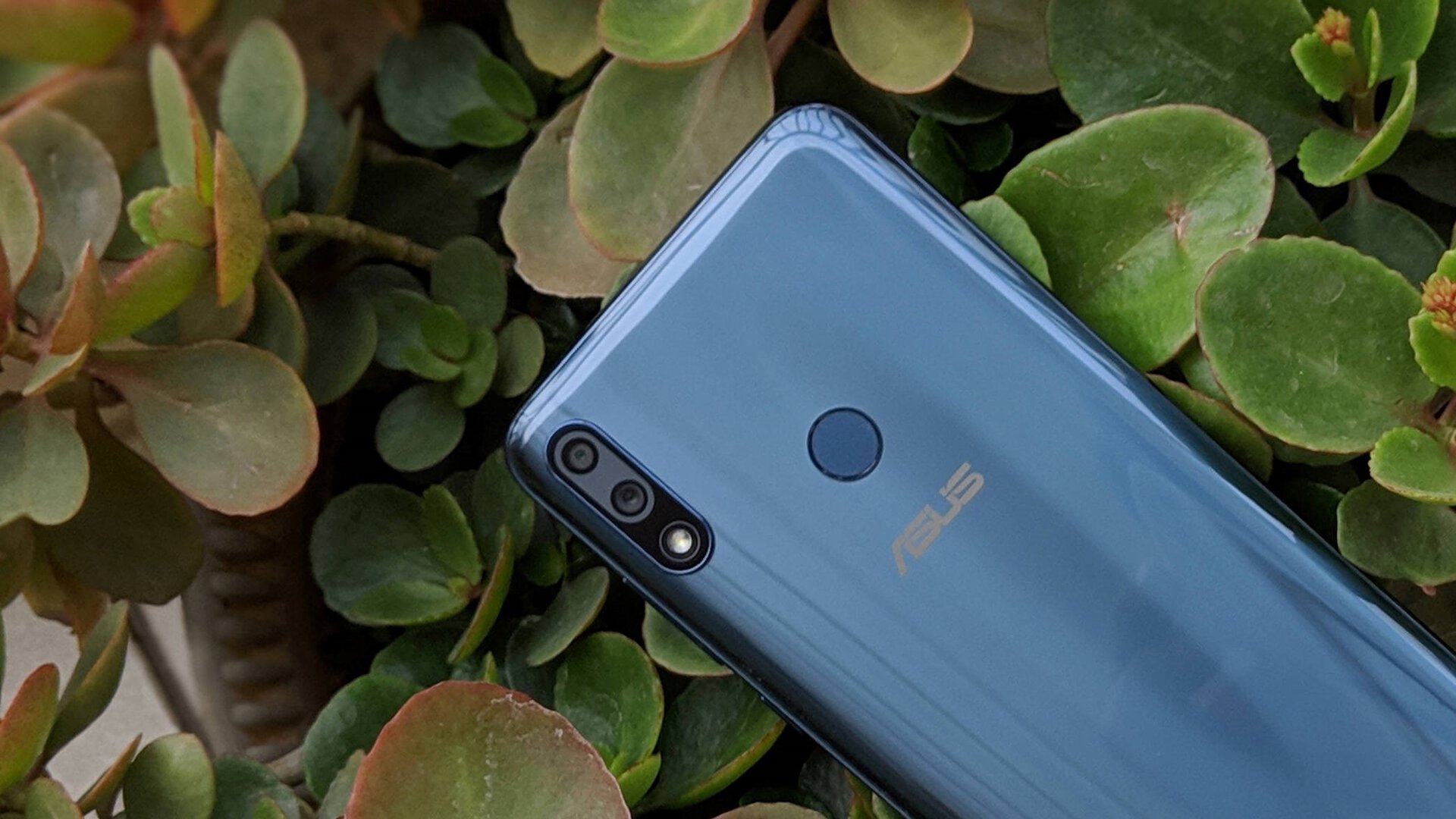
For its segment, the dual camera setup on the Max Pro M2 looks good on paper. There’s the 12MP Sony IMX486 sensor with f/1.8 aperture combined with a 5MP depth sensor. This may seem like a downgrade from the setup on the predecessor, but ASUS is using a larger sensor this time, with a 1.25micron pixel size.
There’s also EIS and support for 4K video recording, and an over-the-air update during the review period brought AI scene detection as well.
In daylight outdoors, the phone took some good shots, although it was inconsistent. Some shots were overexposed and often the details in the background or at distant subjects were missing. The color reproduction is pretty good though.
The portraits came out great, with good edge detection and natural-looking shots — unless you set them to the highest level of blur (yes, you can control the amount of depth you want in your portrait shots).
In low light, the camera struggles. It’s better than its predecessor, but not by a giant leap. Most shots are grainy and lack sharpness. There’s also significant shutter lag and a slight delay as each shot is saved.
Up front, you have a 13MP selfie camera with f/2.0 aperture and an LED flash. Selfies are quite good, and face detection locks focus accurately when taking a group selfie. You can select the level of beautification, and even on high levels it doesn’t go overboard with smoothing skin — no mannequins here.
ASUS Zenfone Max Pro M2 review: Software
The Zenfone Max Pro M2 now comes with stock Android, as ASUS dropped its proprietary UI layer — ZenUI — from its budget and mid-range lines. It’s a clean and no-frills experience, with only three preloaded third-party apps (Facebook, Messenger, and Instagram).
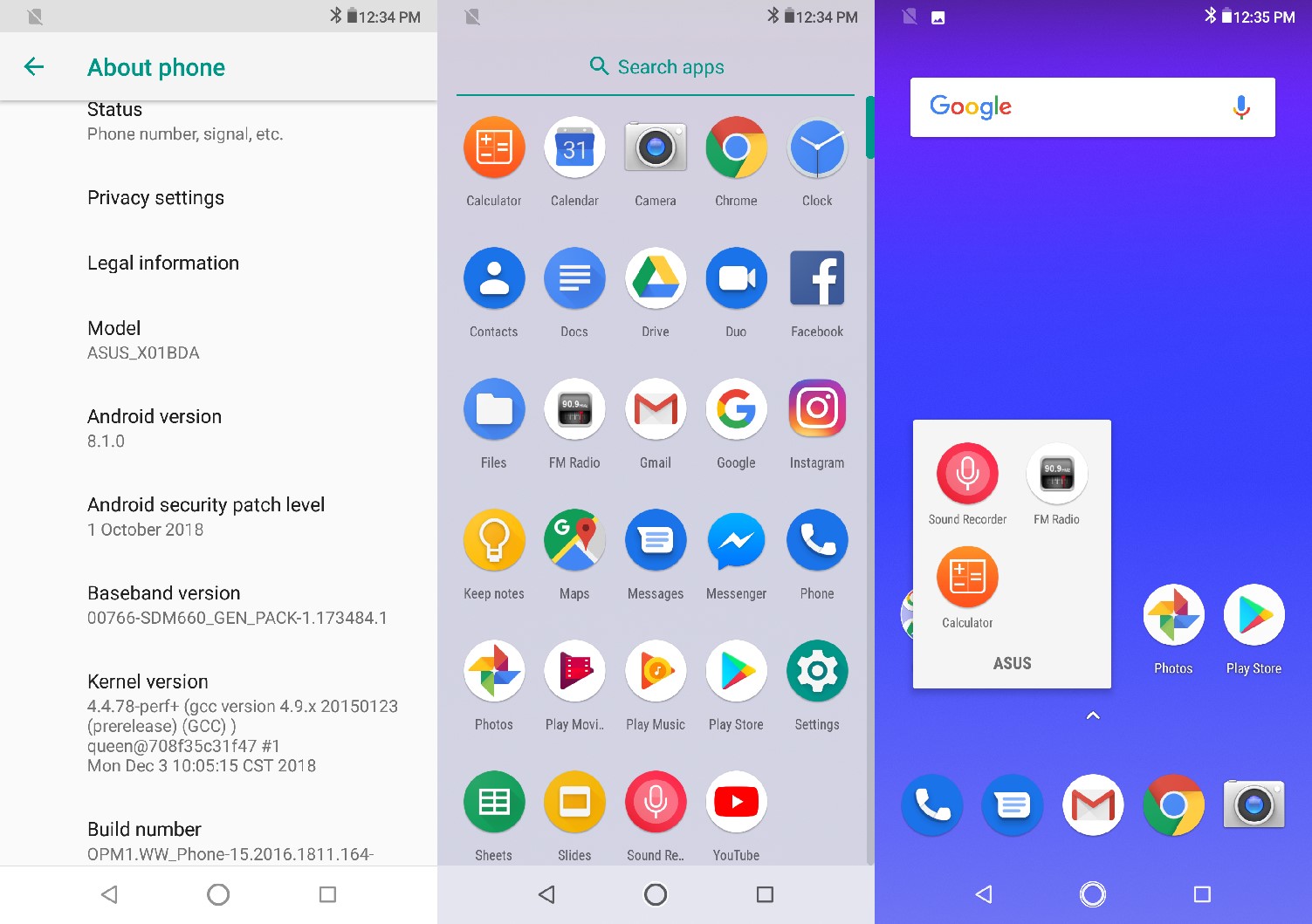
While the phone ships with Android 8.1 Oreo out of the box, the company has confirmed that the smartphone will receive Android 9.0 Pie soon. ASUS has been quite aggressive with over the air updates on this new series. Every few weeks there has been an update on the older phones further fine tuning your smartphone experience and delivering monthly security patches.
ASUS Zenfone Max Pro M2 specifications
| ASUS Zenfone Max Pro (M2) | |
|---|---|
Display | 6.3-inch Full HD+ (2280 x 1080) LCD IPS 19:9 aspect ratio Corning Gorilla Glass 6 |
SoC | Qualcomm Snapdragon 660 Octa core (4 x 2.2 GHz, Kryo 260 + 4 x 1.8 GHz, Kryo 260) |
GPU | Adreno 512 |
RAM | 3GB/4GB/6GB |
Storage | 32GB/64GB Expandable up to 2TB with microSD card |
Cameras | Rear camera: 12MP | Sony IMX486 sensor | f/1.8 aperture | 1.25μm pixel size 5MP secondary sensor for depth of field PDAF EIS Front camera: 13MP | f/2.0 aperture |
Battery | 5000 mAh |
Sensors | Fingerprint sensor Light sensor, Proximity sensor, Accelerometer, Compass, Gyroscope |
Software | Android 8.1 Oreo |
Dimensions and weight | 157.9 mm x 75.5 mm x 8.5 mm 175g |
Gallery
Pricing and final thoughts
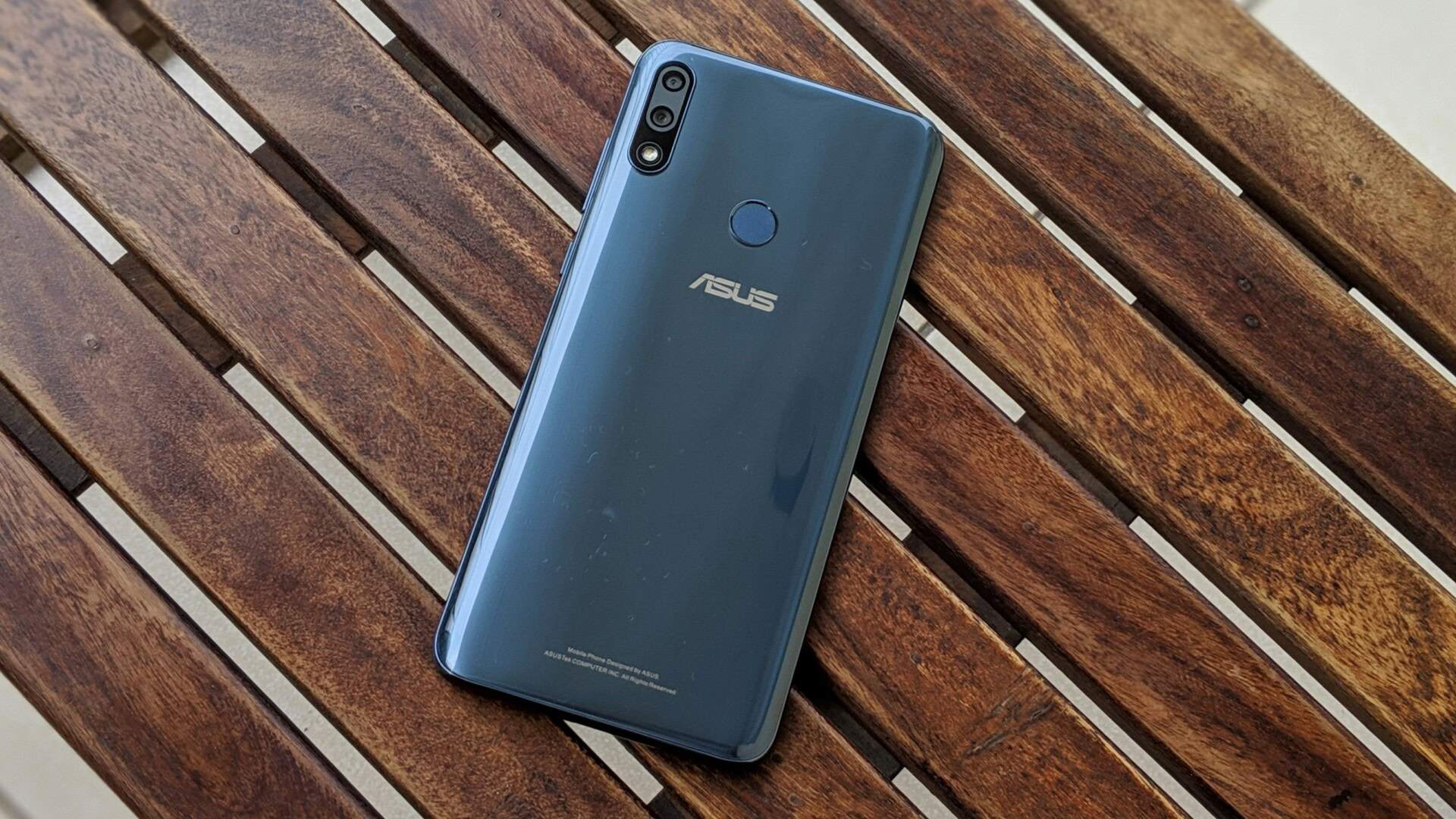
Starting at 12,999 rupees in India, and about $320 in the U.S. via Amazon, the ASUS Zenfone Max Pro M2 is a well-rounded affordable smartphone that punches above its weight. There are upgrades across the board from the last generation. ASUS really moved the line forward, rather than adding small iterative changes.
The Max Pro M1 was a stellar device, and the Max Pro M2 improves on it in almost every department, with a snazzy new look to boot.
The ASUS Zenfone Max Pro M2 is for those who want a steady performer with no compromises.
It has all the right ingredients for a reliable and powerful mid-ranger. ASUS has demonstrated it’s not just aiming to match Xiaomi, but to compete with it by delivering a great product at brilliant pricing.
And this concludes our ASUS Zenfone Max Pro M2 review. Will you buy this phone?